
SDG 1: End Poverty in All Forms Everywhere
SDG 1.3.1. Bottom financial quintile admission target
Istanbul Okan University is committed to promoting equal access to education, and we actively work towards admitting students from the bottom 20% of household income groups. While we continuously monitor our progress, we are dedicated to ensuring that our student body reflects a diverse range of socioeconomic backgrounds and that no talented individual is denied the opportunity to study with us due to financial constraints.
The admission of women, disadvantaged groups, and low-income students is continuously monitored by Istanbul Okan University, which analyses statistics and implements the requisite measures to eliminate inequalities. The university is dedicated to the integration of the principles of equal opportunity for all staff and students into its policies, procedures, decisions, and operations. Equal opportunity does not entail considering all individuals equally; rather, it necessitates the implementation of unique measures to enhance the employment and educational prospects of specific groups in order to mitigate their historical disadvantages. Among these categories are low-income individuals, women, individuals from culturally and linguistically diverse backgrounds, and people with disabilities.
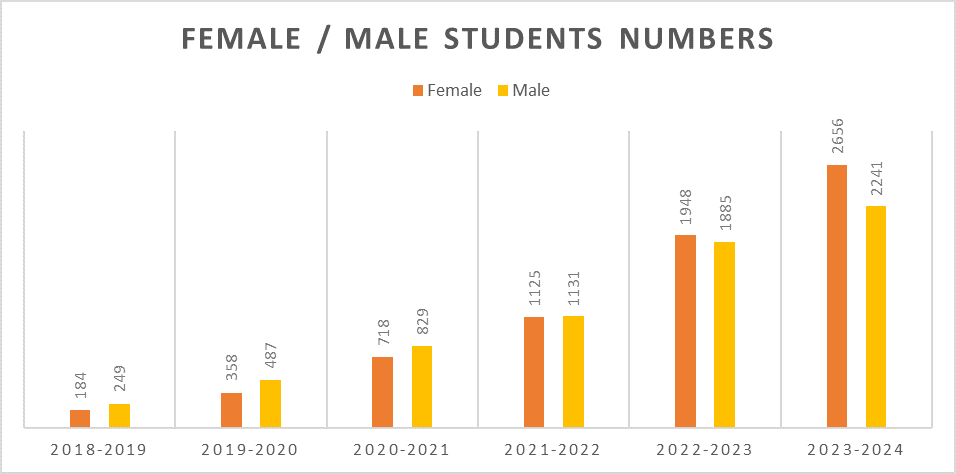
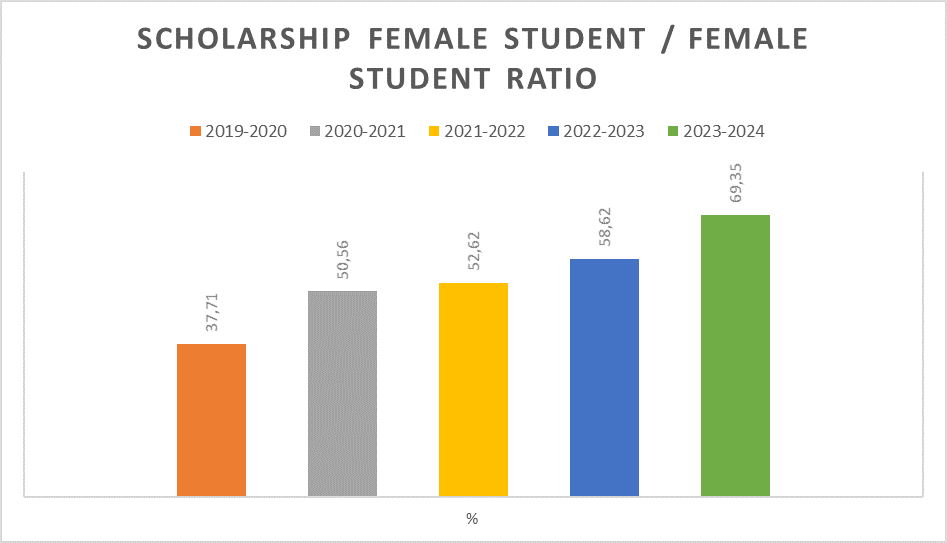
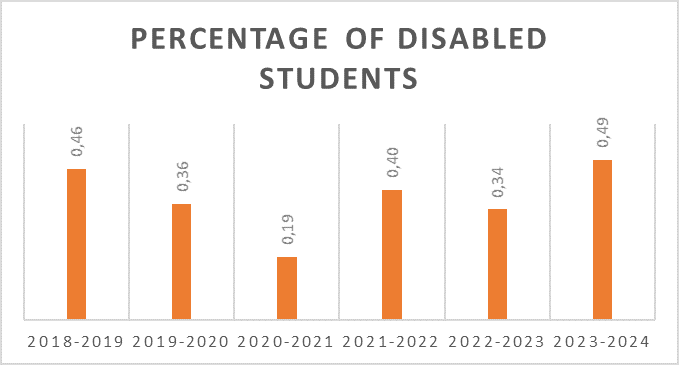
SDG 1.3.2. Bottom financial quintile student success
Istanbul Okan University is committed to the success and completion of students from the bottom 20% of household income groups. We have established specific targets and support systems to ensure these students not only enrol but also successfully graduate. Our initiatives include tailored academic support, mentoring programs, and career guidance to address the unique challenges faced by these students. By providing comprehensive resources and monitoring their progress closely, we aim to enhance their academic experience and ensure a higher graduation rate for students from lower-income backgrounds.
Part-Time Working Student Program
SDG 1.3.3. Low-income student support
Istanbul Okan University is dedicated to providing comprehensive support for students from low-income families to help them successfully complete their studies. We offer a range of services including financial assistance for housing, food, and transportation to alleviate economic burdens. Additionally, we provide access to legal services and other essential resources to ensure that all students have the support they need to focus on their education. Our commitment is to create a supportive environment that enables every student to thrive academically and personally.
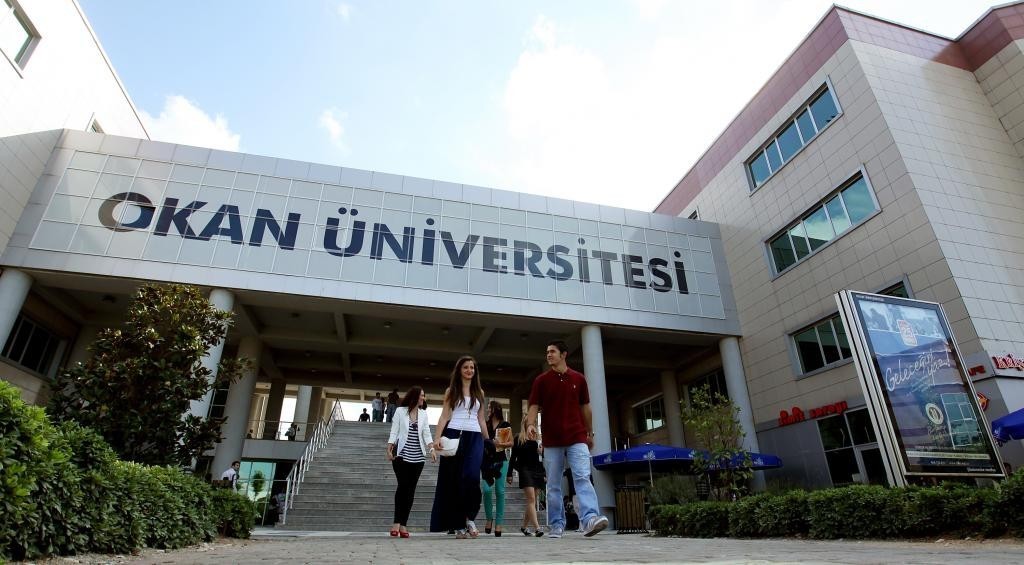
SDG 1.3.4. Bottom financial quintile student support
Istanbul Okan university has dedicated programs and initiatives specifically designed to assist students from the bottom 20% of household income groups in successfully completing their studies. We offer a range of support services, including targeted academic advising, personalized mentoring and career development resources. Our programs are tailored to address the unique challenges faced by these students, providing them with the tools and support needed to excel in their studies and achieve their academic goals. We are committed to ensuring that every student has the opportunity to succeed and complete their education with confidence.
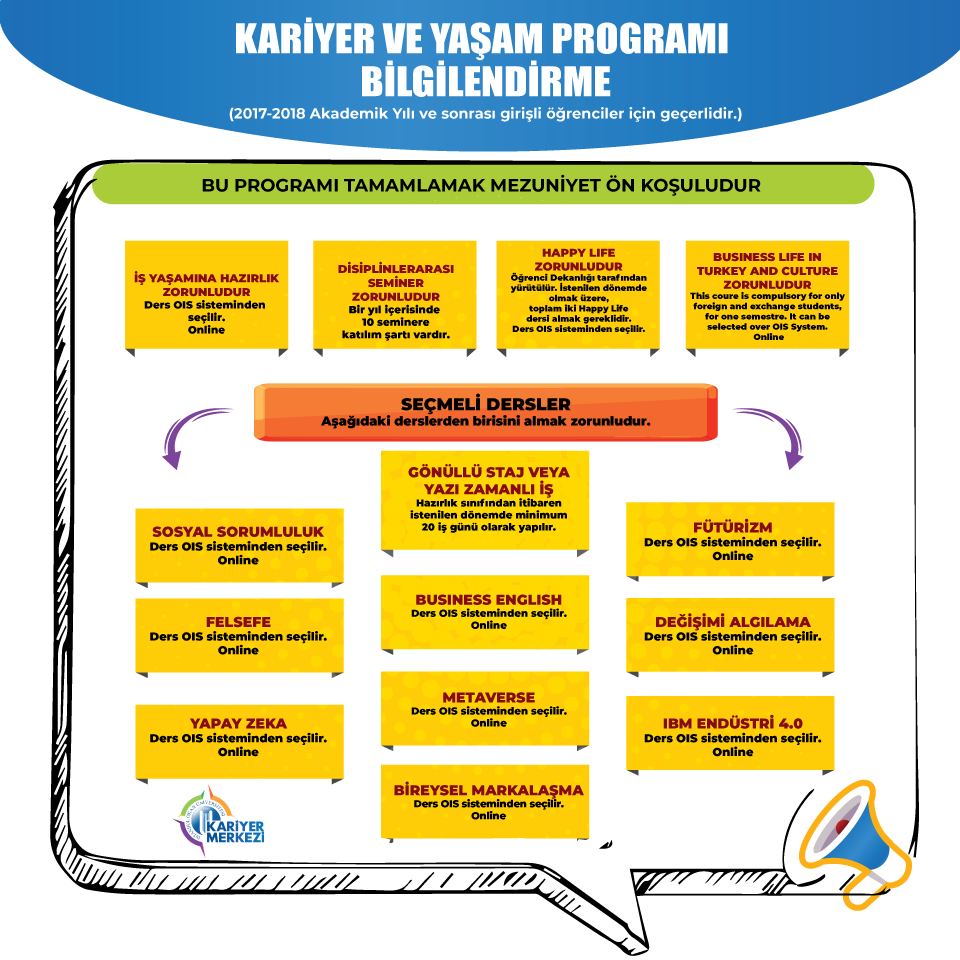
SDG 1.3.5: Low or lower-middle income countries student support
Istanbul Okan University offers several schemes to support students from low or lower-middle income countries. Our goal is to make higher education accessible and equitable for students from all backgrounds, regardless of their financial situation.
Students from low income and lower middle income according to World Bank
COUNTRY
SDG 1.4.1. Local start-up assistance
Istanbul Okan University is actively involved in supporting the local community by fostering the start-up of financially and socially sustainable businesses. We offer a range of resources including mentorship programs, training workshops, and access to university facilities. Our initiatives are designed to provide entrepreneurs with the knowledge, skills, and support needed to launch and grow their businesses effectively. By leveraging our expertise and facilities, we aim to empower local entrepreneurs and contribute to the economic and social development of the community.

SDG. 1.4.2. Local start-up financial assistance
Our university also provides financial assistance to support the start-up of financially and socially sustainable businesses within the local community. Our goal is to enable local entrepreneurs to bring their innovative ideas to life and create lasting economic and social impact. By investing in these businesses, we support the growth and development of a vibrant local economy.
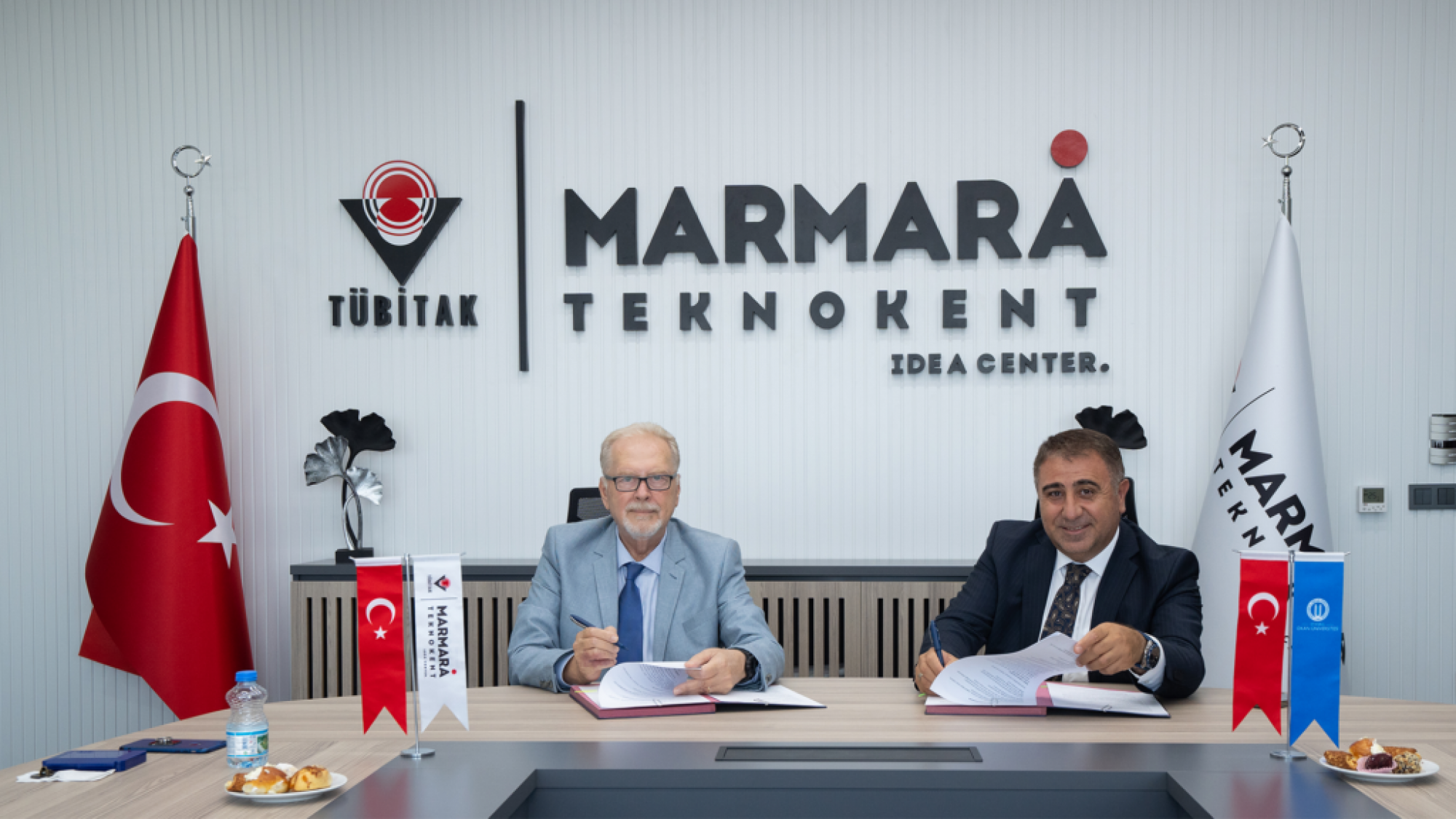
SDG 1.4.3. Programmes for services access
Istanbul Okan University organizes training and programs specifically designed to improve access to basic services for all members of the community. These initiatives focus on enhancing access to essential services such as healthcare, education, and social support. By providing workshops, seminars, and collaborative projects, we aim to address gaps in service accessibility and ensure that individuals from all backgrounds can benefit from these vital resources. Our commitment is to contribute to a more equitable and inclusive society through these programs."
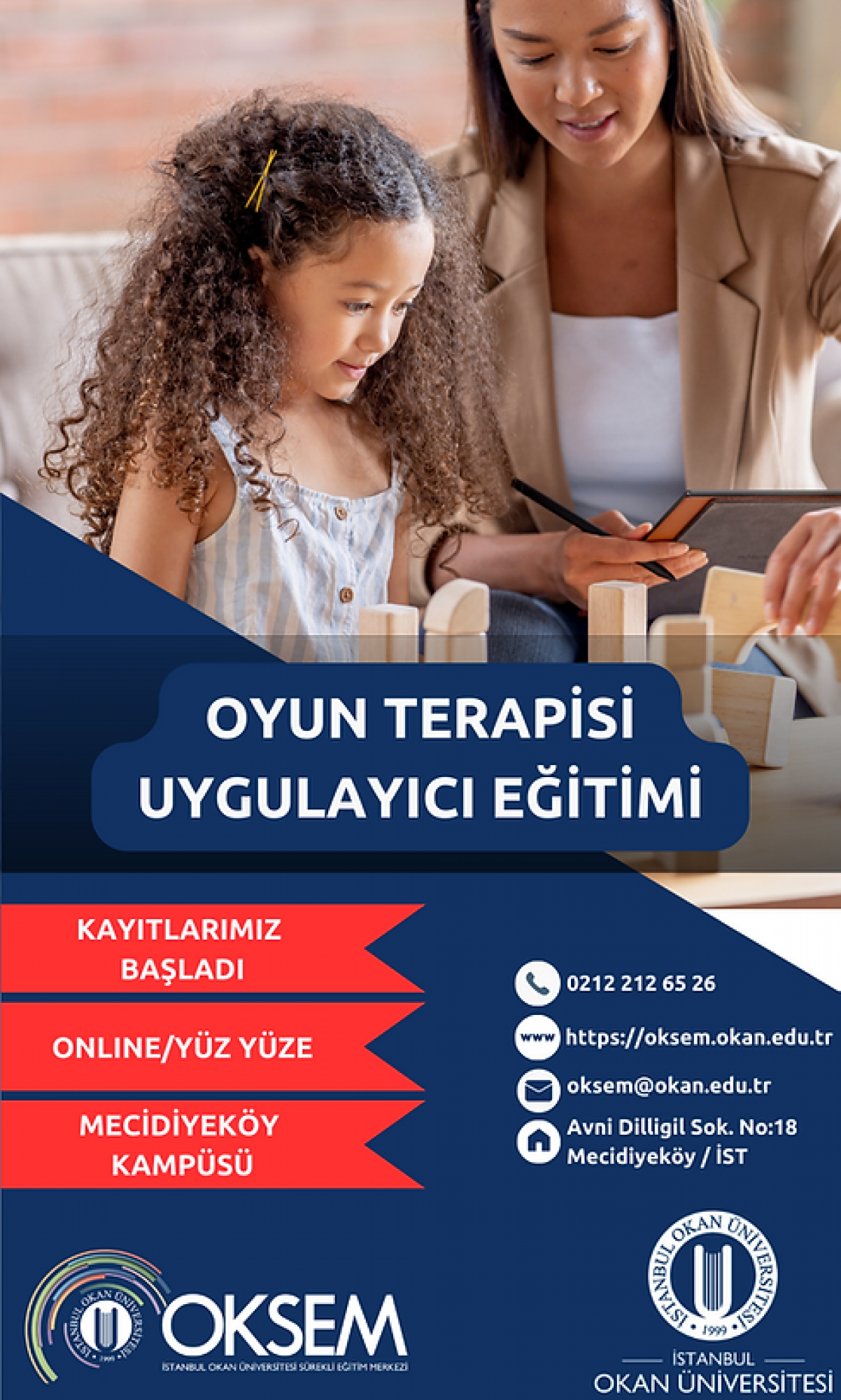
SDG 1.4.4. Policy addressing poverty
Our university actively participates in policy-making at local, regional, national, and global levels to help implement programs and policies aimed at ending poverty in all its dimensions. We collaborate with governmental agencies, non-profit organizations, and international bodies to contribute our research, expertise, and insights into effective poverty alleviation strategies. Our involvement in these policy discussions helps shape and promote initiatives that address the root causes of poverty and support sustainable development efforts. We are dedicated to using our academic and community resources to drive meaningful change and contribute to the global fight against poverty.